
Travel often disrupts routine, which can lead to constipation—especially for people managing chronic digestive issues. Changes in time zones, hydration levels, food choices, and activity can all slow digestion. These simple, proactive strategies…

Looking for the best exercises for constipation relief? Constipation is a common concern for people with chronic gastrointestinal conditions, including IBS, IBD, and functional digestive disorders. While dietary changes are often discussed, physical…
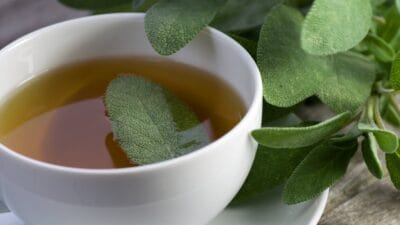
Preventing constipation requires a combination of diet, hydration, and lifestyle adjustments. Eating a high-fiber diet is one of the most effective ways to maintain regularity. Whole grains, fruits, and vegetables provide the fiber…
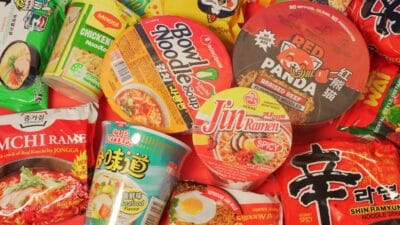
Some foods can slow digestion and contribute to constipation, making it important to limit their intake. Processed grains like white bread, white rice, and pasta lack fiber and can slow down the digestive…
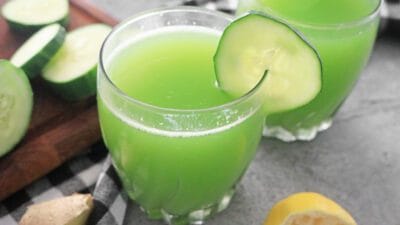
Hydration plays a key role in relieving constipation, and certain drinks can help promote bowel movements. Warm water with lemon is a simple, natural remedy that can stimulate digestion. Herbal teas, such as…

Managing colitis involves choosing foods that support digestion and minimize irritation. Lean proteins like skinless poultry, fish, and eggs are excellent choices because they provide essential nutrients without triggering inflammation. Soft, cooked vegetables…
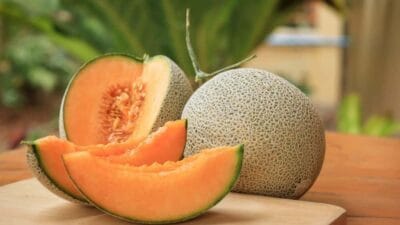
A low-residue diet is often recommended for people with colitis, especially during flare-ups. This diet focuses on foods that are easy to digest and produce minimal stool. White rice, plain pasta, and refined…
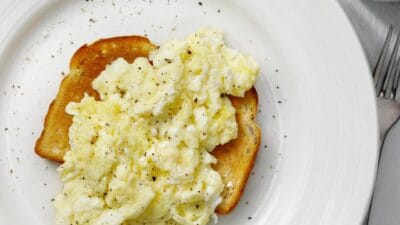
For many individuals, finding safe snacks for colitis that are both nutritionally supportive and symptom-safe can be difficult. Many common snack foods contain ingredients that may trigger inflammation, bloating, or discomfort. This guide…
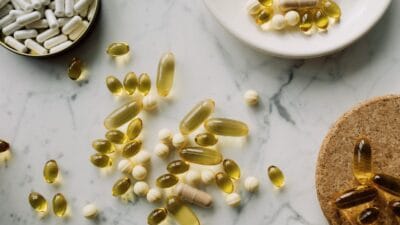
For individuals living with colitis, finding strategies to reduce inflammation, manage flare-ups, and support gut healing is essential. While medications and dietary changes are key pillars of treatment, certain supplements may provide additional…

Managing colitis—whether it’s ulcerative colitis, microscopic colitis, or another inflammatory bowel condition—requires careful attention to diet and avoiding the worst foods for colitis. Certain foods can irritate the digestive tract, trigger flares, or…

Colitis, an inflammatory bowel disease, can be aggravated by certain drinks. One of the worst culprits is alcohol, which can irritate the gut lining and trigger flare-ups. Beer and wine, in particular, contain…
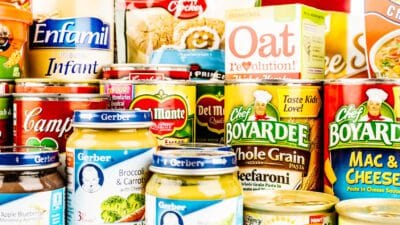
Certain foods can exacerbate symptoms of Crohn’s disease by irritating the digestive system, leading to flare-ups. Common culprits include spicy foods, which can inflame the gut, and high-fat fried foods, which are difficult…
SIBO symptoms can vary but often include bloating, diarrhea, and abdominal pain. Nausea, fatigue, and weight loss may also be present, along with malnutrition due to poor nutrient absorption. It’s important to recognize…
Certain drinks can worsen SIBO symptoms by feeding the bacteria in your gut. Avoid sugary beverages like soda, juice, or sweetened teas, as well as alcohol and caffeinated drinks. These drinks can promote…
Staying hydrated is important when managing SIBO. Water, herbal teas, and homemade bone broth are all excellent choices to keep you hydrated without aggravating symptoms. Avoid sugary drinks, sodas, or high-caffeine beverages that…
Certain foods should be avoided when managing SIBO as they can exacerbate symptoms like bloating, gas, and abdominal pain. High-FODMAP foods such as onions, garlic, beans, and certain dairy products should be minimized…
